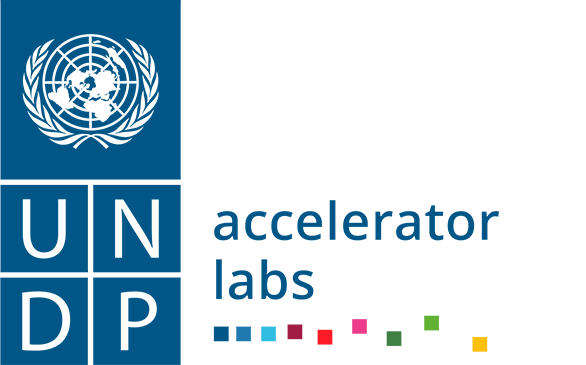Building citizens’ digital security capacities.
What it does.
The Digital Security MOOC allows you to strengthen the capacities of citizens, as internet users, to identify digital risks related to privacy and security during job hunting. The course is free and consists of four modules, which take around 8 hours to complete.
Value proposition for the government/other partner.
By having a digital security MOOC, national and local governments can increase digital rights awareness and promote basic privacy and security tools knowledge. This tool is an introduction, not only to navigation protection, but also opens the reflection around privacy and digital rights.
Why and when to use it.
The course is in Spanish and applicable to any Spanish-speaking country. It is targeted to all internet users, from teenagers to the elderly population; however, it has a gender approach, considering that women are specially targeted with malicious or fraudulent content.
Known issues and troubleshooting.
If citizens don’t have access to cellphones or computers and to internet, it is not yet the best moment to make use of this tool.
Context.
These resources emerged in 2020, amid the pandemic, as internet and social network usage surged, particularly among individuals in the informal sector who rely on digital platforms for economic activities. Through workshops and dialogues with young people, it was observed that women encountered digital risks while seeking employment online or engaging in work-related activities, rendering them vulnerable to fraudulent clients or sexual exploitation.
The course is available on the La Libre Tecnologías Comunitarias website and can be accessed permanently. La Libre is a non-profit collective project that originated in 2014, aiming to provide accessible IT infrastructure for human and environmental rights defenders, as well as social justice and equality advocates. Their work is grounded in open-source technologies and primarily focuses on Ecuador, although they also offer software and assistance to numerous organizations across Latin America and the Caribbean.
Although you can register for the course at any time, it’s advised that you periodically call for participants and monitor the results of the calls. To date, we have conducted two monitored cohorts of students, one in 2020 and another in 2023.
Cost to implement.
To launch a new monitored call for the course incurs no cost; however, you will need a budget ranging from USD 200 to USD 500 for advertising on social networks to reach the targeted audience. Additionally, if the monitoring activities of the course cannot be covered by the Lab’s team, then an additional USD 500 will be needed to hire a consultant.
Time
To launch a new monitored call for the course, you need to allocate around one month for coordinating with La Liebre through Ecuador’s UNDP country office and inviting participants to sign up for the course. The call for participants should be made at least three weeks before the start of the course.
People.
To launch a new call for the course, you need one person to monitor responses and to process the final survey results.
Focal point.
Country, year, and language.
Ecuador, 2023, Spanish.
Resources.
- Access link (Spanish) – Herramientas para la seguridad digital en el uso de internet
